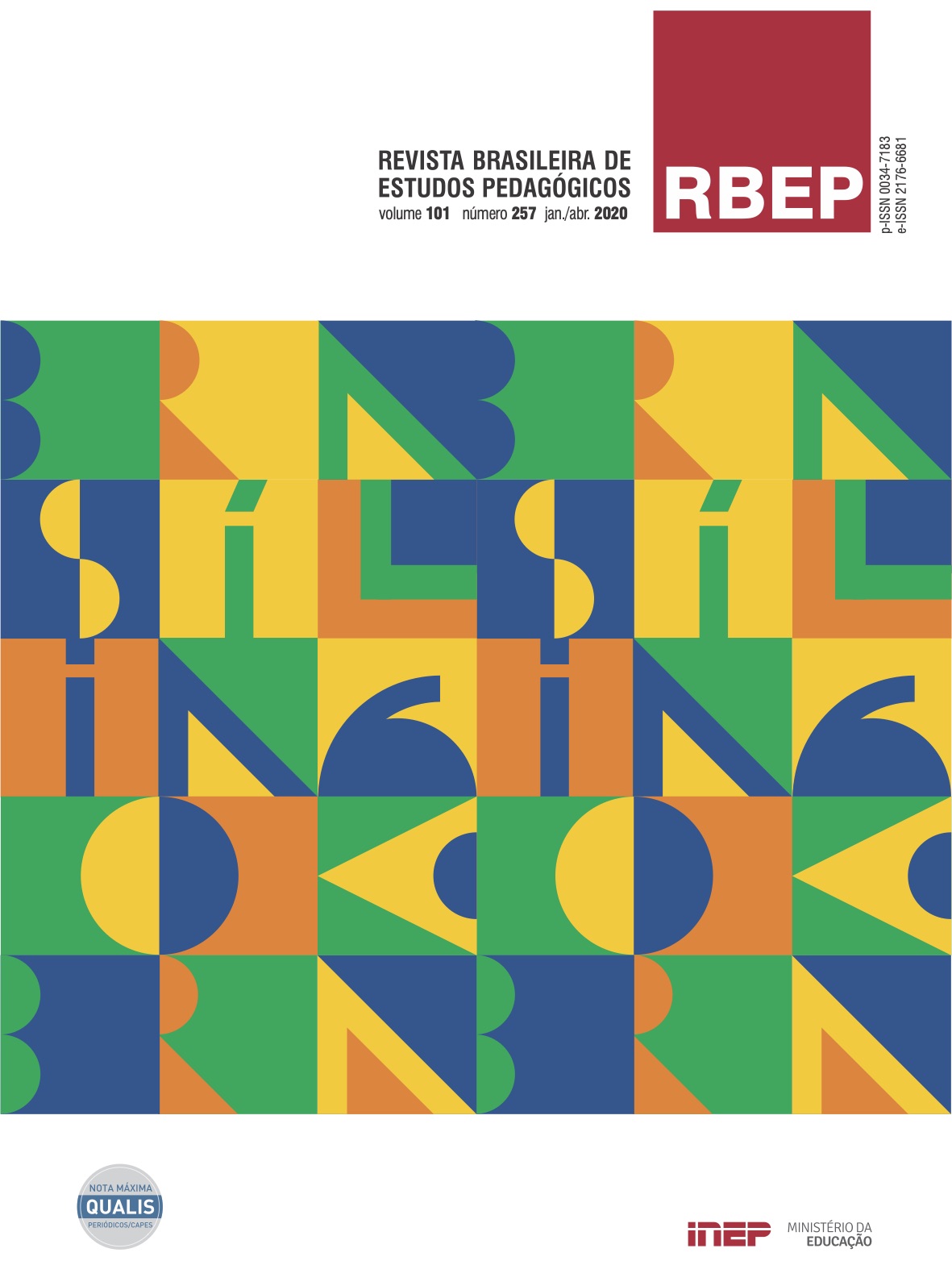Initial training of the Physics teacher in Brazil and Portugal: a comparative analysis of training models
Abstract
Studying foreign education models can aid in the comprehension of models in our own country. Based on the Stephen Ball’s context cycles framework, this study aims to contribute to the critical reflection on singularities, similarities and differences of initial models to train physics teachers in Brazil and Portugal, investing in understanding them without a normative and prescriptive sense. The research followed a perspective of multiple case study, approaching the contexts of design and training, as well as the scientific-pedagogical organization of the courses in relation to the dimensions: curricular comprehensiveness, articulation theory/practice, curricular opening, fostering research and interdisciplinarity. In both countries, economicist trends of training emerge, though with different implications over the design of the training. In Portugal, training is carried through a sequential master’s degree in Bologna, while in Brazil, through making precarious and flexible the teaching profession, although the integrative perspective is making its way.
Downloads
Once their work is accepted for publication, author’s copyrights are automatically relinquished to the National Institute for Educational Studies and Research Anísio Teixeira (Inep).
Since 2016, the journal Revista Brasileira de Estudos Pedagógicos (RBEP) uses the licence CC-BY.
Partial or total reproduction of the content of this Journal is permitted provided that the original publication is properly referenced, as well as a link to license CC BY 4.0 and to indicate any possible alterations made to the article.




















